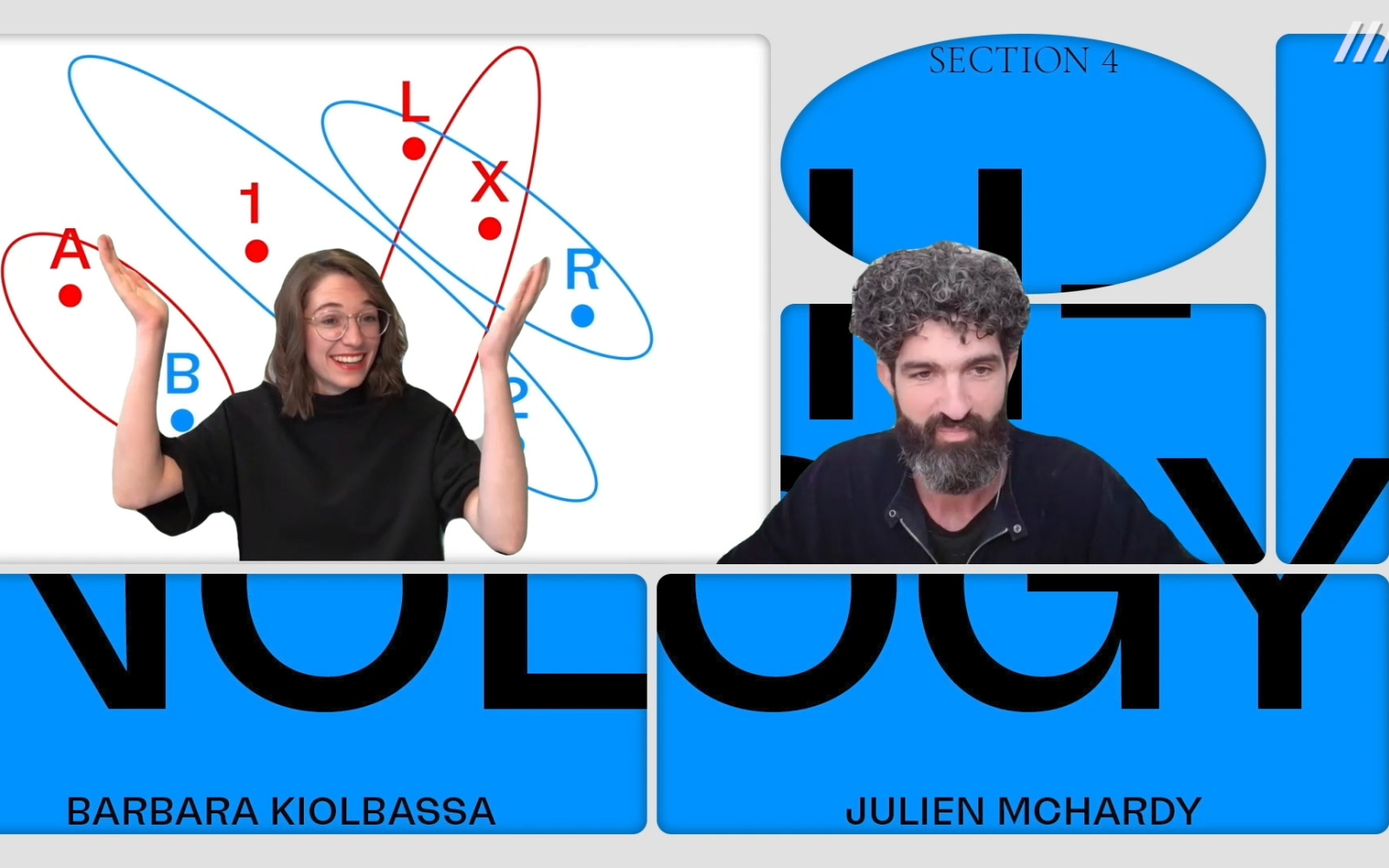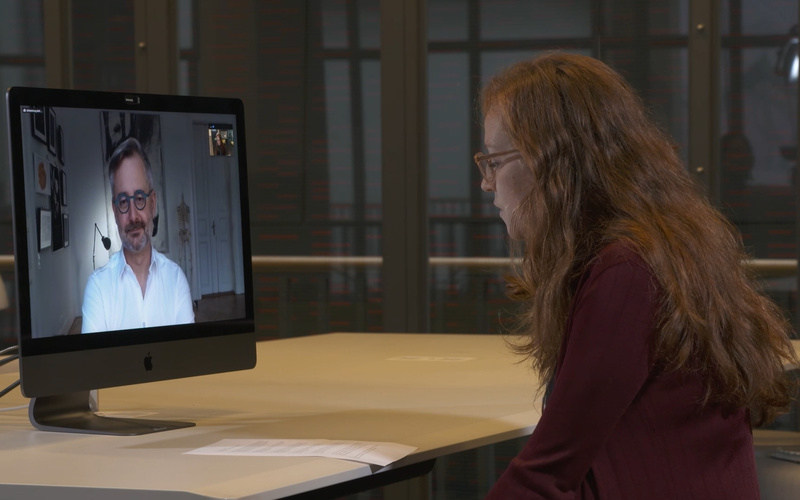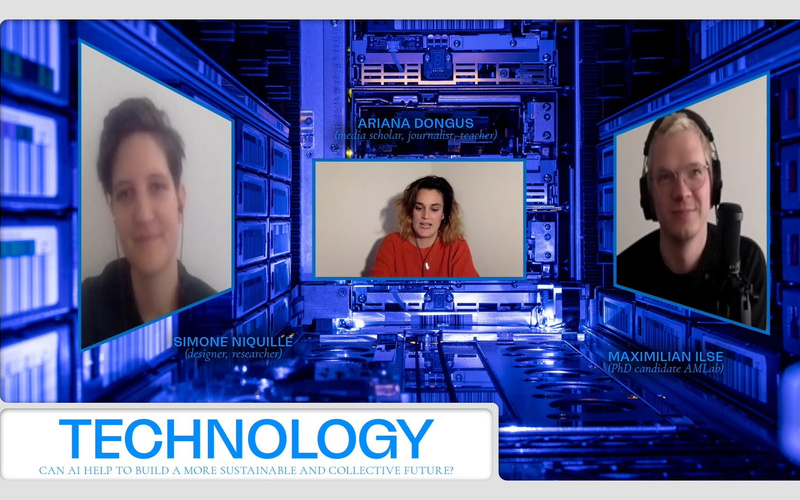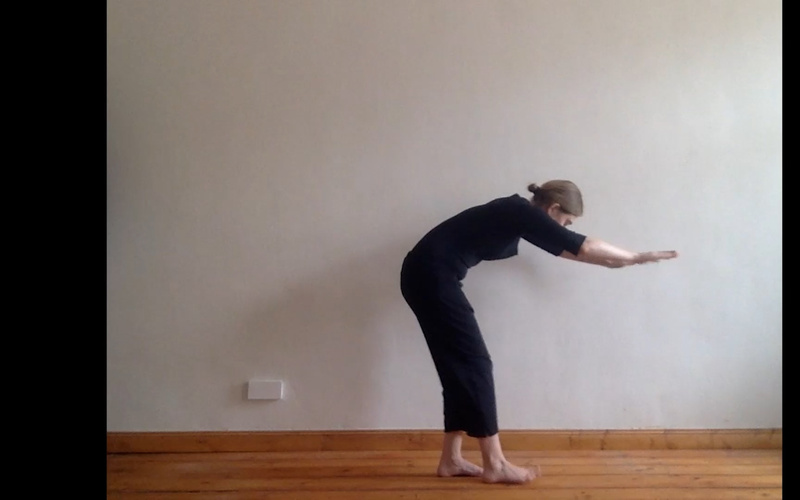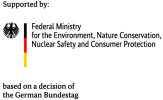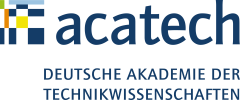Section 4: TECHNOLOGY
Driving the Human Festival
++ Please scroll down for the videos ++
Can AI Help to Build a More Sustainable and Collective Future?
Artificial intelligence is already used to structure all areas of human life. In this data-based reality, human decisions have become data sets that build the infrastructures of our societies. Due to the influence of technology giants on politics and science, research that acts independently of economic interests has become almost impossible. In a web-based environment, passive consumption and active engagement are being stimulated permanently, whereby the border between free choice and imposed consumerism disappears. Can we find a way to engage critically with the use of AI? Could AI become a tool to build a more sustainable and collective future? This section explores critical engagements with AI and probes boundaries and alternative uses, investigating ethical limits and strategies for activism.
Program
Welcome and Introduction to the Program
Barbara Kiolbassa (art mediator ZKM), Julien McHardy (researcher, curator)
Conversation
Albert-László Barabási (physicist, network scientist) with Teresa Retzer (curator at ZKM)
Albert-László Barabási, founder of the Barabási Lab, explains how the innovative and interdisciplinary field of network science enables the analysis of various cultural and social phenomena. Invisible, hidden connections and constantly repeating patterns within nature, society, language, and culture can not only be explored but also made visible. Barabási's network approach promises to deliver a comprehensive, universal method that will illuminate many phenomena with scientific precision. In Spring 2021 the Barabási Lab will present networks in a variety of visual forms that have emerged within research projects over the last 20 years at the ZKM | Karlsruhe.
Panel discussion
Maximilian Ilse (PhD candidate at the Amsterdam Machine Learning Lab (AMLab), Simone Niquille (designer, researcher), moderated by Ariana Dongus
The panelists discuss the invincible connection between economy, design and A.I.
Maximilian Ilse gives insight in the work of an A.I. researcher who is being trained in the evaluation of data without experiencing any level of reflection on the ethical and social implications of his work.
Performance
Vivien Tauchmann, »Self-As-Other-Training: Textiles«
Vivien Tauchmann produced five »Self-As-Other-Trainings« that were shown throughout the festival. The »Self-As-Other-Trainings« address the necessity of educating our bodies through the de-contextualisation of these silent exclusions and the active embodiment of the ‘other’ in choreographed storylines, in order to evoke critical self-reflection and eventually provoke behavioral change. The work seeks to demonstrate that empathy is not only a rational capability, but also a physical state of mind through which we can reshape our connections to people beyond our known scope.
Driving the Human Festival | Section 4: TECHNOLOGY
Driving the Human | TECHNOLOGY
Driving the Human Festival
November 20–22, 2020
Organized and hosted by ZKM | Center for Art and Media Karlsruhe and Karlsruhe University of Arts and Design
The »Driving the Human« cooperation is initiated and coordinated by four institutions: acatech – National Academy of Science and Engineering, the international mentoring program Forecast, the Karlsruhe University of Arts and Design, and ZKM | Center for Art and Media Karlsruhe.
»Driving the Human« is supported by the German Federal Ministry for the Environment.
Sponsors
-
Supporters
-
Part of the Future Architecture program
-
A project by
